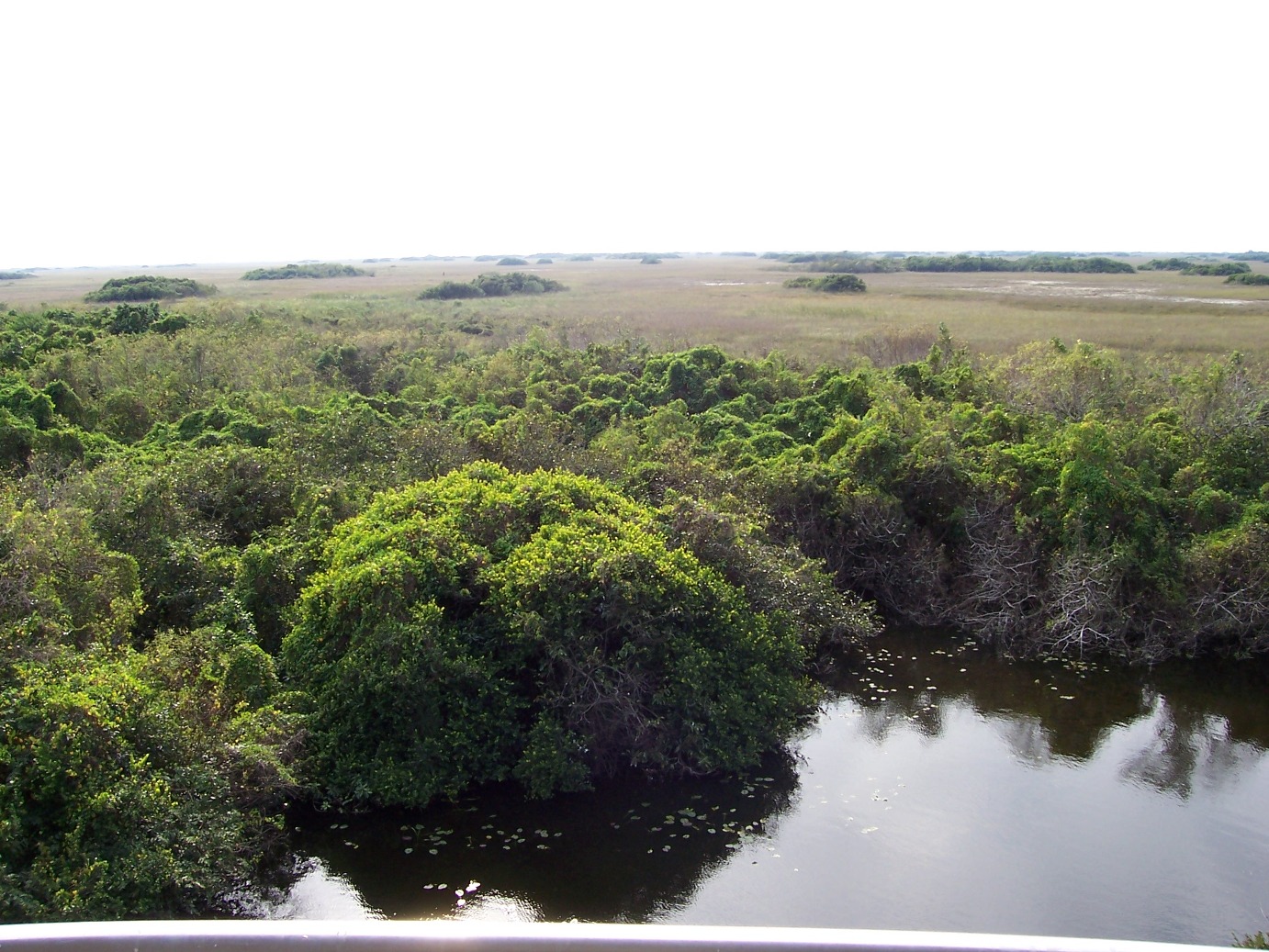For Oscar Wilde and his fellow aesthetes of Victorian England, there was the love that dare not speak its name.
For the wary wizards and witches of Harry Potter’s world, there was he-who-must-not-be-named.
And for Florida bureaucrats, there is the phenomenon that cannot be named, in spite of the fact many of them are attempting to prepare for its inevitable effects on the low-lying land.
An in-depth report by the Florida Center for Investigative Reporting, published Sunday in the Miami Herald, reports officials in the state’s Department of Environmental Protection “have been ordered not to use the term ‘climate change’ or ‘global warming’ in any communications, e-mails, or reports.”
The unwritten but broadly enforced policy went into effect after Governor Rick Scott, who “is not convinced that climate change is caused by human activity,” took office in 2011.
When Bron Taylor, a University of Florida professor who focuses on the intersection of religion, politics, and the environment, learned this news, “I first thought of (1984 author George) Orwell,” he says. “Then I thought that an even more apt description for this bizarre directive is, ‘Hear no evil, see no evil, speak no evil.’”
If you can’t name something, it tends to remain vague and difficult to grasp—and you can’t combat a problem you can’t define in a clear, lucid way.
“This is, of course, exactly what enables great evil to flourish,” Taylor says. “Although evil is a word that should be used sparingly, lest it lose the full force of its condemnation, given the suffering unfolding from climate disruption, nothing less will do in this case.”
The psychological term for refusing to acknowledge the presence of evil—or any unpleasant reality—is “denial.” The lingo has made its way into the public lexicon, thanks to catchphrases such as “denial is not just a river in Egypt.” (A river that, incidentally, will flood more often in the future due to climate change, according to a 2013 study.)
On his Psych Central website, psychologist John Grohol lists denial as the first of 15 common defense mechanisms. “Denial is the refusal to accept reality or fact, acting as if a painful event, thought, or feeling did not exist,” he writes. “It is considered one of the most primitive of the defense mechanisms because it is characteristic of early childhood development.”
So if your initial reaction to the Florida news was “This is childish,” you hit it right on the head.
“Refusing to talk about something will not magically make it go away,” says Craig Chalquist, department chair of East-West Psychology at the California Institute of Integral Studies. “But it will prevent people from getting ready for it in time to adapt.”

Researcher Renee Lertzman, who specializes in communicating environmental messages, phrases it just a bit differently. “It is natural to want to disavow, ignore and deny bad news,” she says. “The decision to remove reference to ‘climate change’ or ‘global warming’ reflects what psychoanalysts would call ‘wish fulfillment.’”
The defense mechanism allows “what we see, hear, and experience” to be dominated by “our unconscious fantasies about how we want reality to be,” Lertzman says. While this reflex can help with short-term coping, “it becomes lethal when it’s applied to ecological and biotic contexts, which is exactly what is happening.”
Lertzman adds that, when mandated by the government, this sort of decree is “a way of exercising control over what is said and not said, which is the ultimate form of coercion and control. Our capacities to articulate, speak, and name is the basis for any kind of social change. The effects this can have include fostering what (sociologist) Kari Norgaard refers to as the social production of denial.”
“It is natural to want to disavow, ignore and deny bad news. The decision to remove reference to ‘climate change’ or ‘global warming’ reflects what psychoanalysts would call ‘wish fulfillment.’”
That last point seems particularly pertinent to the Florida policy. If you can’t name something, it tends to remain vague and difficult to grasp—and you can’t combat a problem you can’t define in a clear, lucid way. When information puts the profits of powerful people at risk, obscuring it by denying it a name can be an effective way to derail potential action.
It’s now clear that “global warming” was a terrible initial attempt at naming the phenomenon. For many people, that wording implied things would be getting hotter everywhere, all the time. Just a week ago, a United States Senator brought a snowball into the Capitol and used it as “evidence” that global warming is a myth—a ridiculous stunt that was only possible because of bad early branding.
Research has shown people are more receptive to the term “climate change.” But that wording doesn’t imply a sense of urgency, which helps explain why voters consistently rank it at or near the bottom of their list of concerns.
Lertzman sees some potential benefit in the news out of Florida: She argues that it “may help signal the degree and severity of our collective paralysis, and help mobilize the climate advocacy communities to specifically target and address the underlying psychological dimensions of climate change.”
Let’s hope so. In the words of University of Victoria psychologist Robert Gifford, who has outlined the many psychological barriers that are getting in the way of seriously addressing climate change: “Putting your head in the sand—I mean Everglades—won’t make it go away.”
Findings is a daily column by Pacific Standard staff writer Tom Jacobs, who scours the psychological-research journals to discover new insights into human behavior, ranging from the origins of our political beliefs to the cultivation of creativity.




